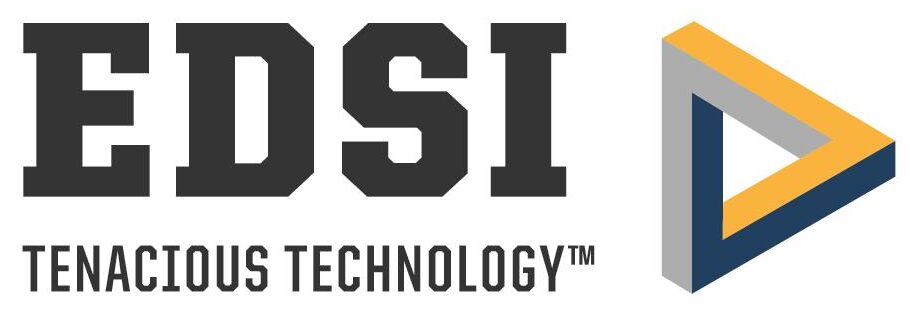While OneDrive offers a convenient way to store and access your files from anywhere, it shouldn’t be your sole guardian for crucial data. The digital age demands a more robust solution: cloud storage.
Cloud Storage: Your Data’s Tranquil Oasis
Imagine accessing your files, photos, and documents from any device, anywhere in the world. Cloud storage eliminates the limitations of physical drives, providing a constantly accessible haven for your information. Gone are the days of worrying about lost USB sticks or failing hard drives. The cloud offers a sense of security, knowing your data resides in a secure, remote location.
OneDrive: A Helpful Sync Partner, But Not a Fort Knox
OneDrive excels at keeping your frequently used files in sync across devices. It’s a handy companion, but when it comes to comprehensive data protection, OneDrive has its shortcomings. Accidental deletions, syncing issues, and limited backup scope can leave your precious information vulnerable. OneDrive primarily focuses on file backups, neglecting crucial system settings, applications, and entire partitions. Additionally, relying on a single vendor like Microsoft can limit your flexibility and make future data migration cumbersome.
Here’s how to leverage OneDrive’s backup features:
- Enable Folder Backup: Head over to OneDrive settings and activate backup for your desired folders. OneDrive typically prompts for this during setup.
- Access from Anywhere: With your files uploaded, you can access them from any device with the OneDrive app or the web interface. This allows you to work on documents or view photos regardless of location.
- Version History: OneDrive keeps track of file versions, enabling you to restore older versions if needed. This is helpful in case you accidentally modify or delete a file.
Limitations of OneDrive as a Backup Solution:
- Accidental Deletion: OneDrive doesn’t shield you from accidentally deleting files locally or in the cloud. While it offers version history for restoration, this might not extend indefinitely depending on your plan.
- Syncing Issues: Syncing issues can occur due to connectivity problems or file restrictions. This could lead to inconsistencies between your local files and cloud storage.
- Limited Scope: OneDrive primarily focuses on file backups. It doesn’t encompass system settings, applications, or entire partitions, which might be crucial in a data disaster.
- Vendor Lock-In: Being reliant on a single vendor like Microsoft can limit your options. If you switch cloud providers in the future, data migration from OneDrive might be complex.
The Power of a Dedicated Cloud Backup Solution
This is where a dedicated cloud backup service steps in, offering a more robust shield for your data. These services provide features like:
- Comprehensive Backups: Capture your entire operating system, applications, data, and settings with system image backups, ensuring a complete restoration in case of a device failure.
- Granular Version Control: Restore data from any point in time with extensive version control and longer retention periods for previous file versions.
- Enhanced Security: Many backup solutions implement robust encryption for your data, both in transit and at rest, providing an additional layer of protection beyond OneDrive’s basic security.
- Flexibility and Scalability: Choose a plan that caters to your specific needs, with options for increased storage space and features like automatic local backups to external drives.
OneDrive and Cloud Backups: A Powerful Alliance
OneDrive serves as an excellent tool for file accessibility and synchronization. However, for a truly secure digital ecosystem, consider employing a dedicated cloud backup service alongside OneDrive. This creates a layered defense for your data. OneDrive keeps your working files readily available, while the backup service provides a comprehensive safety net for your entire system and data history. Don’t settle for just convenience; embrace the power of cloud storage and empower yourself with robust data protection.
Protecting Your Microsoft 365 Data
Did you know that even with Microsoft securing the infrastructure, the onus of data protection for your important information in Microsoft 365 falls on you? Traditional backups can be complex, but BaaS (Backup as a Service) offers a cost-effective, user-friendly solution. Read more on our blog to learn how BaaS secures your financial data and ensures easy recovery.
Together, let’s empower your business with peace of mind.
By partnering with EDSI and Veeam, you can ensure that your data is always protected.



